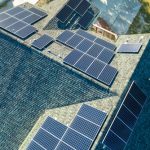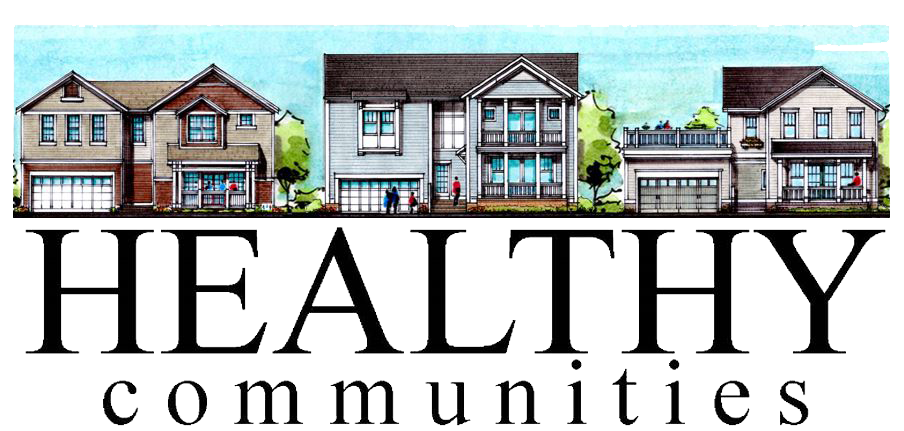 In recent years, the concept of zero energy homes has been gaining traction as a viable solution to combatting the negative impact of climate change. These homes are designed to generate as much energy as they consume, resulting in a neutral or even positive balance. By shifting towards zero energy homes, we can not only reduce our carbon footprint, but also pave the way for a greener and more sustainable future. In this blog post, we will explore the ecological benefits of zero energy homes.
In recent years, the concept of zero energy homes has been gaining traction as a viable solution to combatting the negative impact of climate change. These homes are designed to generate as much energy as they consume, resulting in a neutral or even positive balance. By shifting towards zero energy homes, we can not only reduce our carbon footprint, but also pave the way for a greener and more sustainable future. In this blog post, we will explore the ecological benefits of zero energy homes.
1. Mitigating Climate Change
One of the primary ecological benefits of zero energy homes is their significant contribution to mitigating climate change. The burning of fossil fuels for electricity and heating leads to the emission of greenhouse gases, which trap heat in the atmosphere and contribute to global warming. Zero energy homes, on the other hand, utilize renewable energy sources such as solar panels and geothermal systems, resulting in a substantial reduction in greenhouse gas emissions. By transitioning to zero energy homes on a larger scale, we can make a significant impact in combatting climate change.
2. Energy Conservation
Another vital ecological benefit of zero energy homes is their emphasis on energy conservation. These homes are designed to be highly energy-efficient, incorporating features such as superior insulation, energy-efficient appliances, and advanced HVAC systems. By minimizing energy waste, zero energy homes not only reduce the demand for electricity but also decrease the strain on natural resources. This conservation of energy helps to preserve the environment by reducing the need for fossil fuel extraction, thus protecting ecosystems from the harmful effects of resource depletion.
3. Reduction in Air and Water Pollution
Conventional homes heavily rely on fossil fuels for power, resulting in the release of pollutants into the air and water systems. Zero energy homes, on the other hand, generate clean energy from sustainable sources, eliminating or significantly reducing pollution. By reducing dependence on fossil fuels, zero energy homes help to decrease air pollution, improving air quality and reducing the negative health impacts associated with it. Additionally, since zero energy homes do not rely on traditional combustion-based systems for heat, there is a decreased risk of carbon monoxide leaks and indoor air pollutants. This translates into cleaner and healthier environments for both the homeowners and the surrounding communities.
4. Sustainable Water Usage
Water scarcity is an ongoing concern in many regions worldwide, and it is vital that we address this issue to ensure a sustainable future. Zero energy homes often incorporate water-efficient fixtures and appliances, reducing water consumption without sacrificing functionality. Additionally, some zero energy homes implement rainwater collection systems and graywater recycling, further maximizing water efficiency. By promoting sustainable water usage, zero energy homes not only contribute to water conservation but also reduce the strain on local water sources, advancing overall ecological sustainability.
5. Biodiversity Conservation
The construction and operation of conventional homes often result in habitat destruction and fragmentation, leading to a loss of biodiversity. In contrast, zero energy homes can be built using sustainable materials that have a minimal impact on ecosystems. Moreover, these homes are designed to minimize their ecological footprint by utilizing smaller footprints and rooftop spaces for renewable energy generation. The integration of zero energy homes into communities can help preserve existing habitats, allowing for the maintenance and expansion of wildlife populations. This preservation of biodiversity is crucial for maintaining healthy ecosystems and ensuring the long-term sustainability of our planet.
Conclusion
The ecological benefits of zero energy homes cannot be overstated. By reducing our carbon footprint, conserving energy, decreasing pollution levels, promoting sustainable water usage, and preserving biodiversity, zero energy homes offer a pathway to a greener and more sustainable future. As we strive to combat climate change and protect our planet, transitioning towards zero energy homes represents a significant and impactful step in the right direction.
Got Questions? Let Us Help!
Welcome to Healthy Communities in beautiful Williamsburg, Virginia! We are custom home builders with a focus on efficient and green building. We believe that good home design can support, enrich, and enhance your life, so we engage you as the buyer in the design process. Together, we can create a tailored design that provides an extraordinary living experience. Our homes are engineered to be energy efficient, utilizing green building products, value-engineered construction, enhanced indoor air quality, and solar power to help offset the electric utility cost for heating, cooling, water heating, lights, and appliances. Give us a call to get started today!
